
The dermatology market is experiencing rapid growth, with more people seeking professional skincare solutions to address concerns such as aging, acne, dermatitis, etc. According to research, the worldwide dermatology market was valued at USD 1.59 billion in 2022 and is projected to reach approximately USD 3.14 billion by 2032, with a forecasted compound annual growth rate (CAGR) of 7.03% from 2023 to 2032.
On the other hand, patients are increasingly turning to the Internet to research dermatologists before making appointments. So, the constantly growing market and the digital healthcare landscape emphasize the need for dermatologists to stand out in the crowded, lucrative market.
According to the latest survey by RepuGen, a staggering 73% of patients research healthcare providers before making an appointment. So, the constantly growing market and the digital healthcare landscape emphasize the need for dermatologists to stand out in the crowded, lucrative market.
One key aspect for dermatologists to outshine their competitors is utilizing online reputation. A strong online presence and positive reviews can significantly impact a dermatologist's reputation and help attain new patients. RepuGen, as a leading reputation management platform helps dermatologists enhance their online presence and reputation. It helps collect, monitor, and manage patient reviews from various online platforms, enabling providers to track and respond to patient feedback in real time.
As maintaining a positive public image is important for skin care providers, this blog discusses 9 compelling reputation management strategies for dermatology specialists to thrive in this competitive digital healthcare landscape.
Finding a dermatologist has gone digital! Patients turn to online resources to research skin issues, locate providers based on factors like location, insurance, and expertise, and crucially, read patient reviews. To thrive in this digital landscape, dermatologists can build a strong online presence with informative content, clear communication, and convenient booking options. By doing so, they can attract new patients and solidify their position as trusted healthcare partners.
Effective online reputation management goes beyond just reviews. To truly thrive, consider these 9 data-driven strategies for dermatologists, each highlighting key metrics to measure success.
Positive online reviews are a dermatologist's secret weapon. They don't just build trust and credibility, they directly influence new patient decisions. A recent 2023 BrightLocal survey revealed that nearly half (46%) of consumers trust online reviews as much as personal recommendations.
Think of reviews as powerful endorsements. They build trust and attract new patients. Encourage happy patients to share their experiences on platforms like Google My Business, Yelp, and Healthgrades.
But wait, there's more! Here's a breakdown of the top review sites patients use to find healthcare providers, based on our 2024 RepuGen survey:
As online reviews influence your prospects’ decision to choose a dermatologist, encouraging your patients to leave reviews is a great way to showcase the quality of your services and attract new patients.
Here is how you can acquire reviews from your patients:
Responding to all positive and negative reviews is crucial for all dermatology clinics, whether new or established. Around 88% of people say they are likely to choose a provider that responds to reviews, and Patients say that online reviews are one of the deciding factors to choose their healthcare providers. Acknowledging positive feedback shows appreciation and gratitude for satisfied patients and helps reinforce your loyalty.
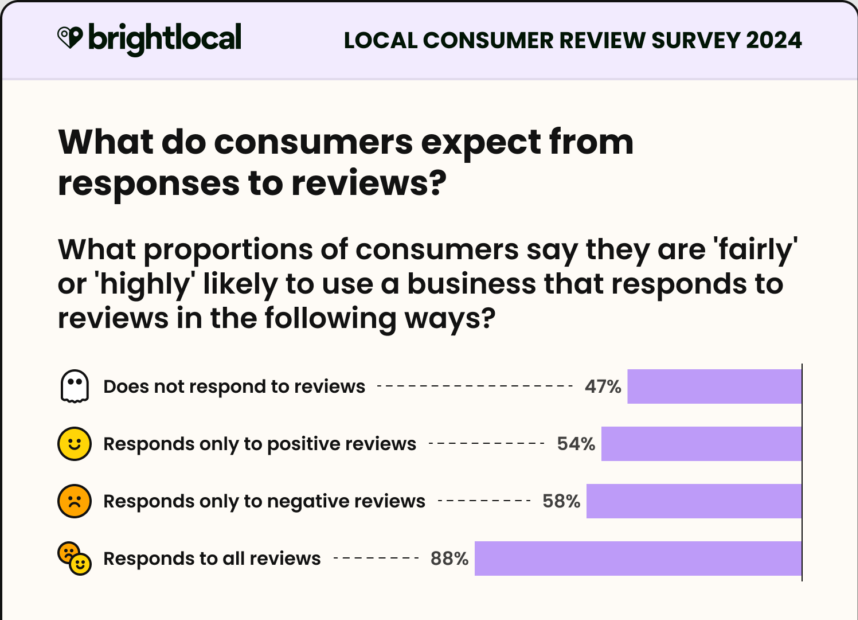
By leveraging social media platforms such as Facebook, X, and Instagram, dermatologists can effectively communicate with their patients in real time, providing valuable information about services, treatments, and health tips. This direct line of communication fosters a sense of trust and transparency between providers and patients, ensuring quick responses to inquiries and feedback.
A majority of patients, 57%, indicated that the presence of a hospital on social media platforms would significantly impact their decision on where to seek services. Furthermore, 81% of people viewed a robust social media presence as a sign that a hospital provides advanced technologies, and 12.5% of healthcare organizations reported that their patient acquisition rates increased with social media efforts.
So, maintaining an active and engaging social media presence can help dermatologists boost their online reputation. By showcasing their expertise, patient testimonials, and positive outcomes, they can ultimately attract new patients and enhance the practice's overall credibility.
Here is how you can make the most of social media for enhancing patient engagement and reputation management:
Exceptional patient care is the cornerstone of any successful dermatology practice. It directly impacts not only your reputation but also your bottom line. A study by the Healthcare Financial Management Association (HFMA) found that a superior customer experience correlates with a 50% higher hospital margin. This translates directly to dermatology practices as well. Patients receiving high-quality skincare that exceeds their expectations are more likely to leave positive reviews, which in turn, attract new patients and build a strong reputation.
Since patients rely heavily on online reviews when choosing a dermatologist, a practice with a track record of exceptional care is bound to stand out. Here's how you can cultivate patient loyalty and foster healthy, lasting relationships:
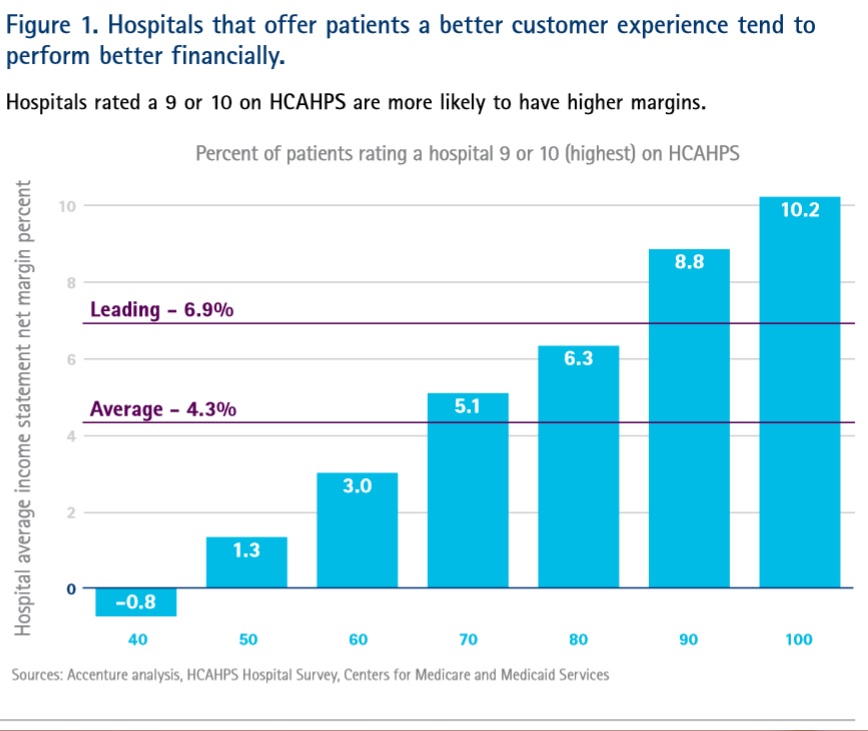
There's more to online reputation than meets the eye. For dermatologists, true success lies in building a strong online presence that combines positive brand mentions with powerful SEO (Search Engine Optimization). Here's how to achieve this winning combination.
Leverage keyword research to target relevant search terms for dermatology services, conditions, and locations. Strategically incorporate these keywords throughout your website content, including titles, meta descriptions, and headings, to increase your website's visibility in search engine results.
Integrating these keywords throughout the website content increases the website's chances of appearing in search results when people use these terms.
Now, let's explore how to find even more relevant keywords for your dermatology website SEO. This goes beyond just looking at reviews and includes incorporating patient feedback and other methods.
Finding Keywords:
Incorporating Patient Feedback and Reviews:
While sifting through patient reviews scattered across different platforms (your website, Google My Business, social media) is beneficial, it can be a time-intensive process. This is where RepuGen's feature for analyzing patient feedback sentiment and providing insights excels.
RepuGen surpasses basic keyword identification by employing advanced sentiment analysis to classify patient feedback not solely based on words but also on the underlying emotions. This enables you to effectively recognize recurring patterns, concerns, and desired results within your patient reviews.
Specific Long-Tail Keywords: Utilize these identified themes to formulate long-tail keywords that are more precise and reflect patient inquiries. Instead of just "acne treatment," consider phrases like "best acne treatment for teenagers" or "how to prevent acne scars."
Incorporating Patient Vernacular: Integrate language commonly used by patients when describing their conditions or experiences. This can be derived from reviews and consultations.
Exploring Keywords Beyond Patient Reviews:
Remember, the ideal keywords strike a balance between search volume and competition. Aim for keywords that people are actively searching for, without facing insurmountable competition. By amalgamating these approaches, you'll compile a comprehensive keyword inventory that not only attracts potential patients but also reflects their perspective through patient-centric keywords.
As previously emphasized, garnering positive feedback holds immense significance in establishing credibility. It is imperative to prioritize the solicitation of reviews on reputable platforms such as Google My Business, Healthgrades, Yelp, and your own website. A noteworthy statistic from a 2024 RepuGen survey underscores this importance:
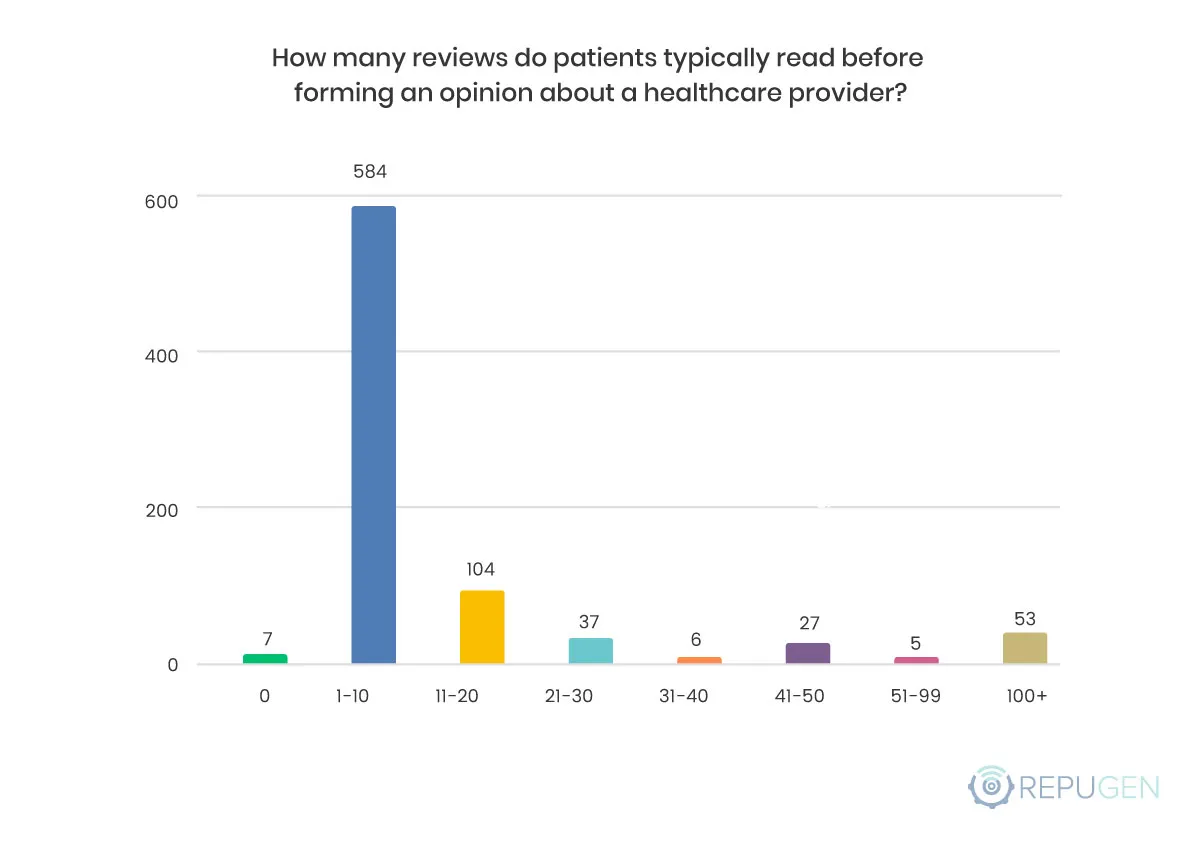 Google ranking factor, incoming links from external sources exert substantial influence on Google’s ranking algorithm.
Google ranking factor, incoming links from external sources exert substantial influence on Google’s ranking algorithm.
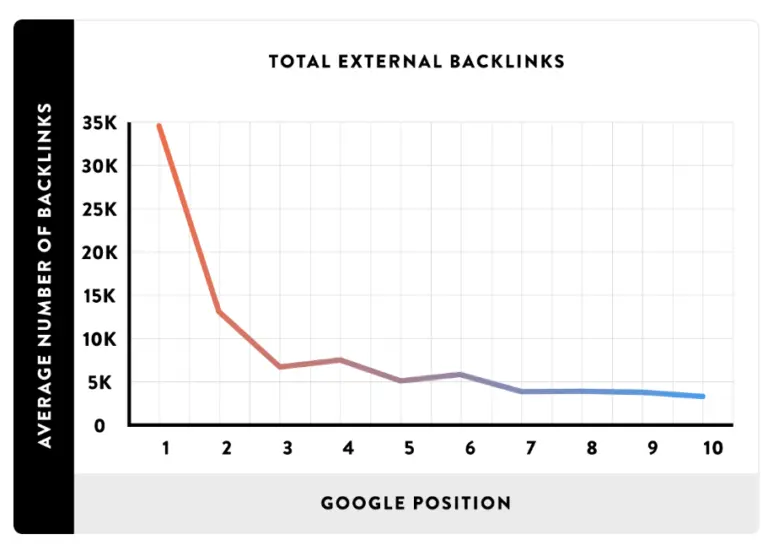 {Img Source: monsterinsights.com}
{Img Source: monsterinsights.com}
Consistently keeping track of online reviews, social media discussions, and news coverage is crucial within your holistic dermatology marketing plan to promptly address any negative feedback or potential challenges.
The RepuGen Review Survey 2024 highlights the importance of early intervention in addressing concerns to mitigate their impact on your online brand image. By taking a proactive stance, you showcase your dedication to patient contentment, thereby nurturing trust among prospective patients in search of reputable dermatological care.
Open and honest communication is crucial in building trust and a positive reputation for dermatologists. A recently published report has revealed that improved communication between medical staff and patients could have prevented 2,000 patient deaths and saved approximately $1.7 billion in malpractice costs across hospitals and doctors' offices throughout the country.
When dermatologists are transparent and truthful in patient interactions, it fosters integrity and reliability. This helps to establish credibility, which is essential for building trust. Patients are more likely to trust those who are open and honest with them because it creates a sense of security and fairness in their relationships. Moreover, transparent and responsive communication can help prevent misunderstandings and conflicts concerning the treatment, policies, practices, etc. Dermatology practices can establish trust and a positive public image with open communication.
Building trust with patients goes beyond managing online presence, responding promptly to reviews, implementing SEO strategies, etc. Building trust involves developing an emotional connection with your patients, understanding their needs and concerns, and actively listening to their feedback. It requires demonstrating empathy and showing that you genuinely care about their well-being. Also, you should be authentic and consistent in your actions and establish a reputation for being trustworthy over time.
To build unwavering trust with your patients:

 Source: Testimonials | Golden State Dermatology
Source: Testimonials | Golden State Dermatology
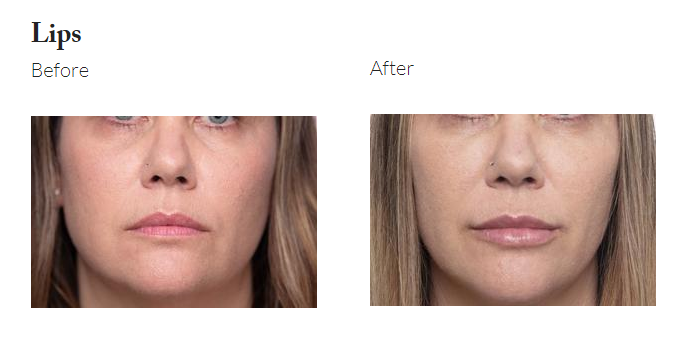
Source: Health First
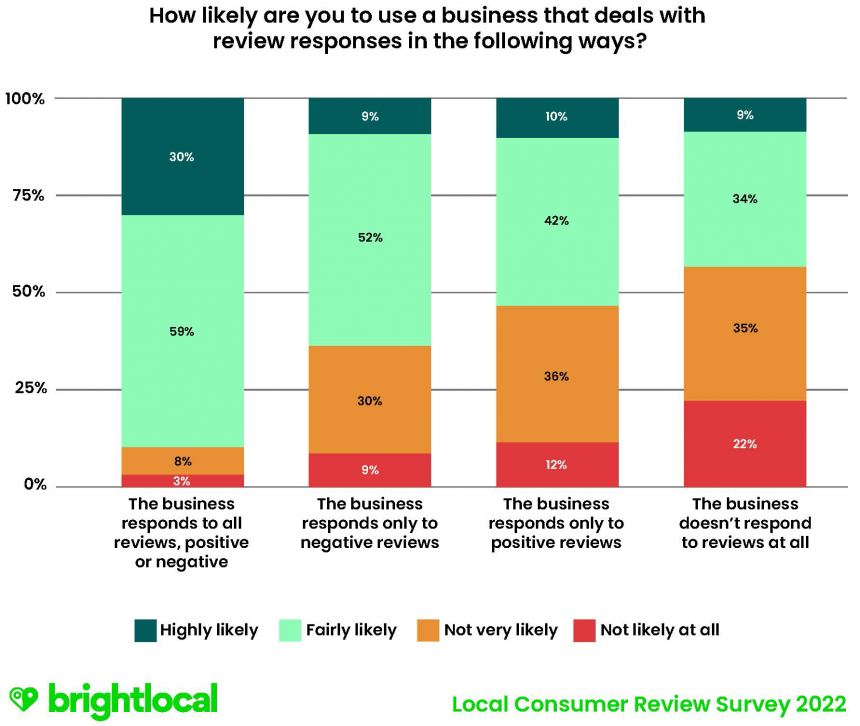
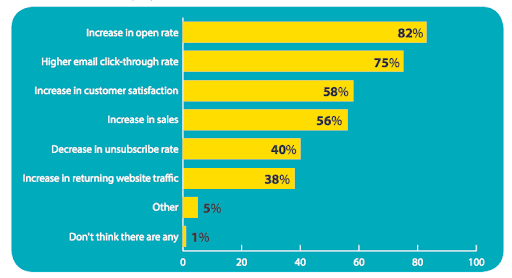
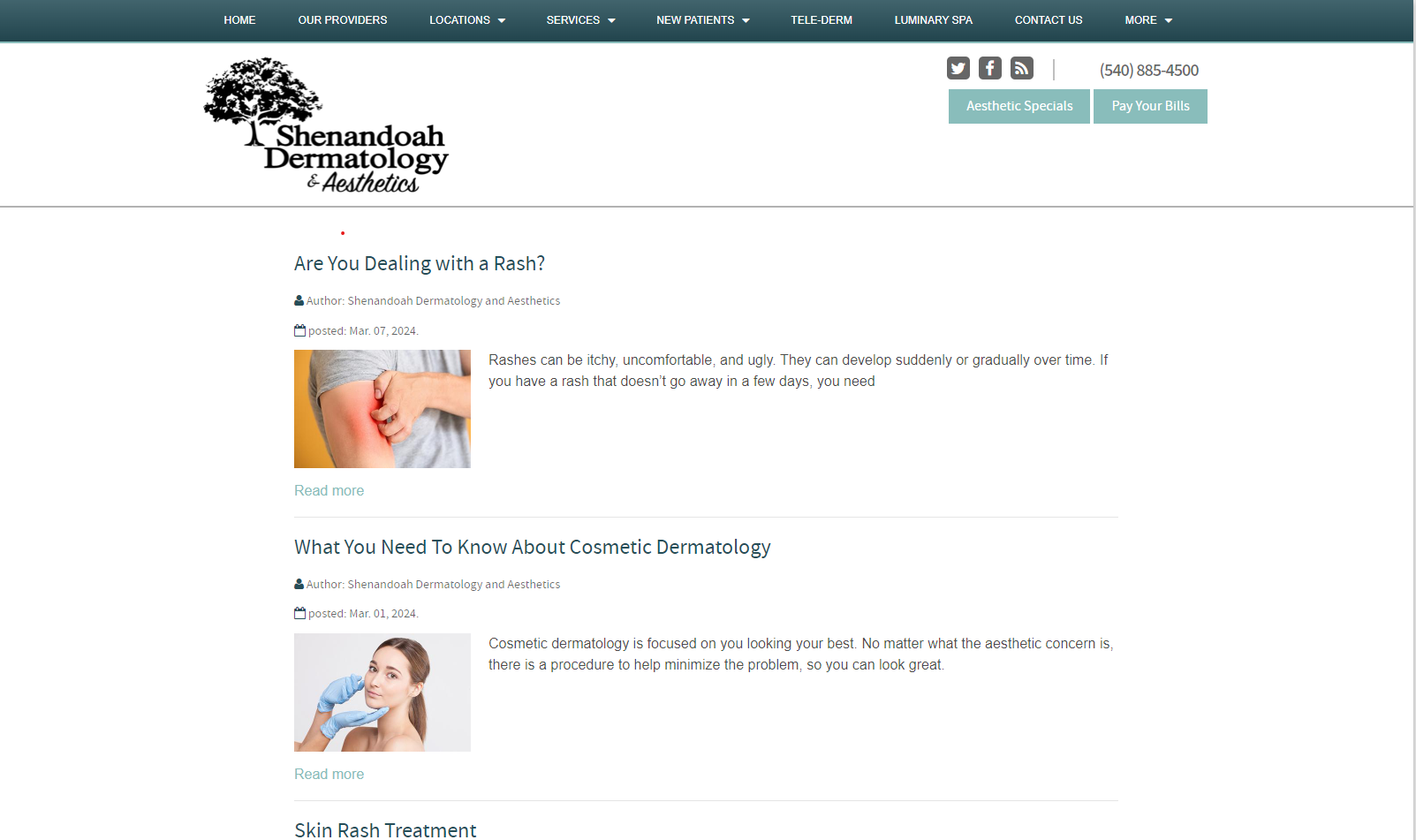
RepuGen is a specialized dermatology reputation management platform that collects and manages patients’ reviews and feedback, helping dermatologists enhance their online presence and build trust with their target patients. The platform employs sentiment analysis to understand the emotional tone of patient reviews. By analyzing sentiments, dermatologists can gauge patient satisfaction and identify areas for improvement.
RepuGen may facilitate the generation of patient feedback through automated surveys, helping dermatologists gather valuable insights. With RepuGen, dermatologists have experienced tangible results, such as increased positive reviews, improved ratings, and higher appointment bookings. You can check the results for two of our esteemed clients below:
In this digital healthcare landscape, reputation management is crucial for dermatologists looking to succeed and thrive online. By implementing proven strategies, including search engine optimization strategies, managing and responding to reviews, being active on social media, cultivating patient loyalty, etc., dermatologists can improve brand visibility, trust and credibility among prospects, and patient retention rates. However, online reputation management is an ongoing process requiring consistent monitoring and proactive measures to address negative feedback or reviews. This is where RepuGen can help.
RepuGen can assist dermatologists in this continuous effort, ensuring that they maintain a robust online presence and positive reputation in the long term. This way, RepuGen helps them have sustained success and growth in this competitive healthcare landscape. So, partner with RepuGen to experience an unparalleled, constant increase in your patient base and practice growth.
0 Comment
Your email address will not be published. Required fields are marked *